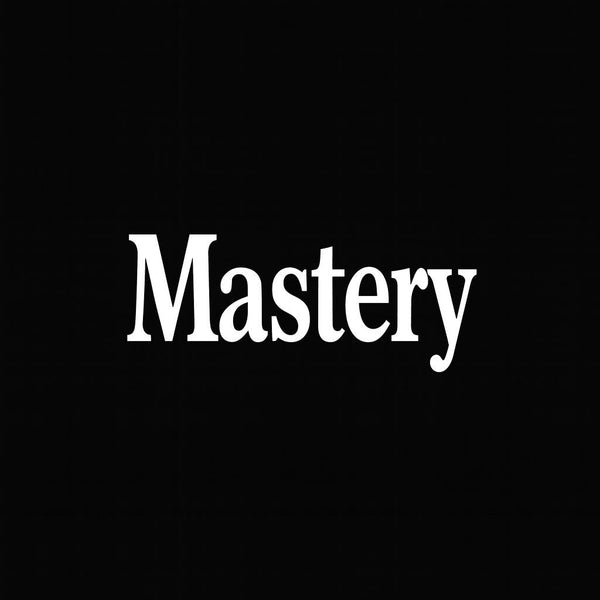Do Bad Genetics Stop You from learning Calisthenics? The truth you need to know
Share
A lot of people look at athletes doing planches or muscle-ups and think:
“Maybe I’m just not built for this…
But here’s the truth — there are no genetics that completely stop you from learning calisthenics. There are only different starting points.
✅ Genetics Can Influence Your Progress — But They Don’t Decide Your Future
✅ Can Genetics Influence Your Progress?

Yes — genetics can affect how easy or hard certain moves feel when you start, but they do NOT decide whether you can succeed or not.
Here’s how genetics may play a role:
• Limb length: Long arms or legs make levers like front lever or planche harder — but once mastered, you’ll be even stronger than someone with “perfect proportions.”
• Muscle fiber type: Some people naturally have more explosive power (good for muscle-ups), while others have better endurance (good for static holds like L-sit or handstands).
• Body fat distribution: If you store more fat in your legs or hips, pulling exercises may feel harder — but body fat can be reduced over time.
• Joint mobility: Limited shoulder or wrist mobility can slow progress — but mobility can be trained like strength.
❌ Genetics Don’t Decide Your Outcome — Your Training Strategy Does
Two people can start calisthenics at the same time:
• One has “good genetics” but trains randomly → plateaus.
• One has “average genetics” but follows a smart progression plan → evolves faster.
Calisthenics is a skill-based discipline. It rewards technique, leverage control, and consistency, not just raw genetics.
✅ Train According to Your Genetics — Don’t Fight Them
The key is to use your strengths and train around your weaknesses.
• If you’re naturally explosive → start with dynamic skills like muscle-ups, then work on statics.
• If you’re naturally good at holds → master levers and handstands, then build explosiveness later.
• If you’re heavy or tall → master progressions with resistance bands until your body adapts.
🔥 Final Message
Genetics only determine your starting point. Your decisions determine your finishing point.
If you want help choosing the best calisthenics path for your body type, just send me:
• Your height & weight
• Which move feels easy vs impossible
And I’ll personally tell you what style you’re built for and how to train.
